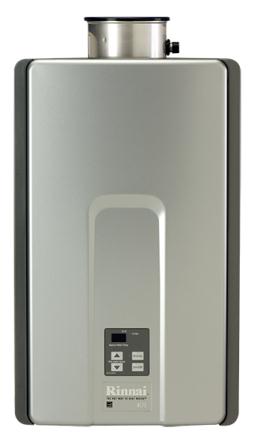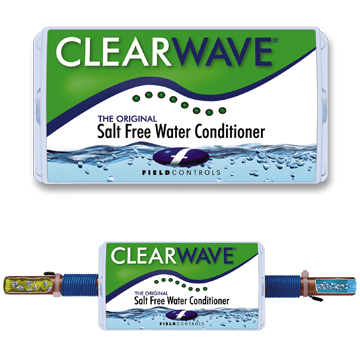We found a house we really like and it has a tankless water heater which we know nothing about. If you have one, do you like it?
The house also has a salt free water conditioner. I've never heard of such a thing and I'm pissed because I didn't know not carrying 200 pounds of solar salt was an option.
The house also has a salt free water conditioner. I've never heard of such a thing and I'm pissed because I didn't know not carrying 200 pounds of solar salt was an option.



